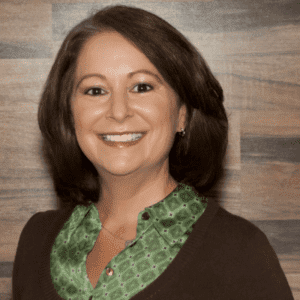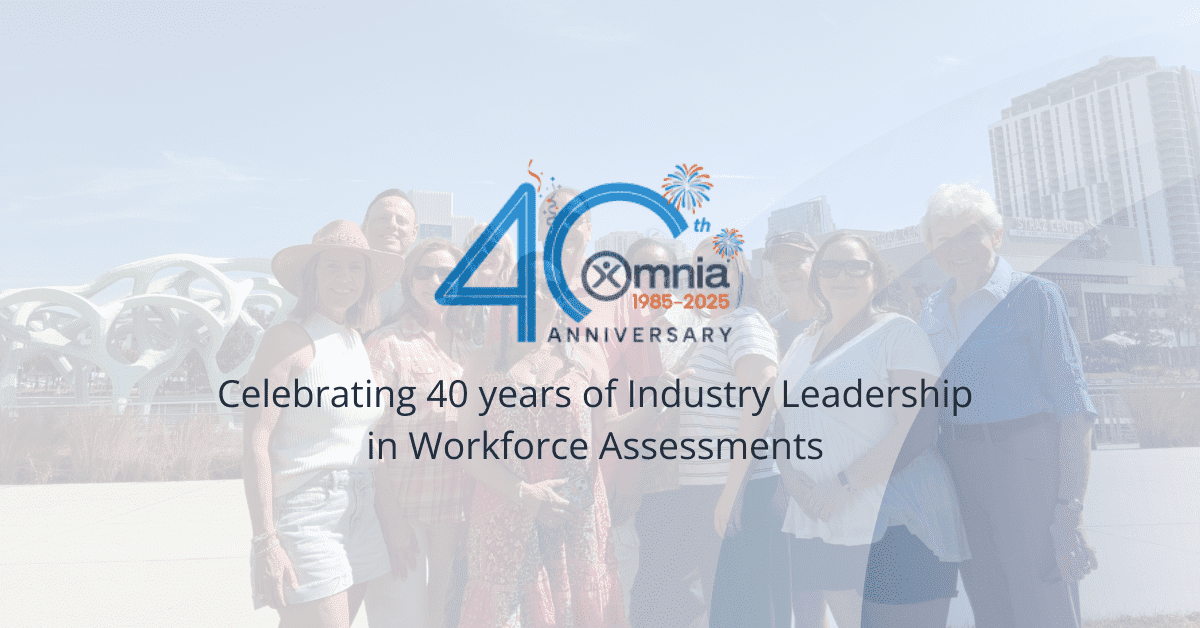As the year comes to a close, it’s common to start thinking about our New Year’s Resolutions. You know, that list we make then forget about 3 weeks later, or less if you’re like me. There are the obligatory health and fitness goals… I will go to the gym 3x a week, eat less, move more, get a checkup. Then there are the organizational goals… I will go through and “edit” my house, organize my books based on the colors of the rainbow and throw out things that no longer bring me joy. Then there are the professional goals… I will take a class to brush up on my XYZ skills and learn how to negotiate. Normally, I like to write about resolutions as the first blog of every new year. But this year, I’m only addressing the first step of setting resolutions: Self-reflection — looking back and examining who we are, what we did, and what we learned so we can bring laser focus to our goals for 2022. Starting with self-reflection ensures we set goals that make sense, are achievable, and will add value to our lives.
The Benefits of Self-Reflection
Professional Growth: The more you understand who you are and what your innate preferences, strengths and challenges are, the better your development goals will be. You’ll know what you need to learn, brush up on and maybe even give up on for new things.
Increased Confidence: There’s power in knowing and understanding yourself.
Higher Productivity: When you are aware of the things you aren’t great at, don’t enjoy or tend to avoid, it helps you dig in and do what needs to be done.
Ready, Set, Let’s Reflect
I don’t know about you, but for me, 2021 was confusing. Where 2020 was solidly miserable, 2021 fluctuated – there were some unexpected highs and lows. And really, things are still shifting. When I leave my home office and go out into the world, some places feel so normal, pre-pandemic normal (the before times); no one is wearing a mask, and they are close together. It feels nice, but just noticing that it feels nice makes it seem less normal after all. And I think, “Should we be doing this?” which also isn’t like the before times.
Then, I go to my neighborhood supermarket and find almost everyone shopping there wearing a mask, a reminder that it’s definitely not the before times. I live in a state with very few mandates (which is definitely a not-normal statement), so I never know what I’ll see when I step into a different public space. My son’s school has been doing temperature screenings for the last year and half. A couple of weeks ago they stopped doing that, but the kids still wear masks in class. They are taking class trips again but can’t take one bus. Some people are talking about rising numbers of cases and the latest variant, and others stopped talking about it altogether.
I think this state of constant analysis is a big contributor to the burnout we all feel. We’re always assessing, evaluating, adjusting. At least I am. If the last two years are any indication, there are more changes to come. Hopefully we’ll see way more ups than downs, but I realize I need to do some self-reflecting so I can understand what kind of goals I should set to avoid stress and burnout.
Reflect on Personality Traits
All our regular readers know we are in the personality assessment business. Personality traits are always a great place to start when reflecting on yourself and turning that knowledge towards your own growth and development.
Assertiveness: Are you comfortable handling confrontation, or are you supportive and non-confrontational?
Communication Preferences: Do you get your energy from being social and talkative? Or do you feel energized when you can focus on data-intensive, technical, or mechanical tasks?
Pace: Do you like to jump around or focus on one thing at a time?
Autonomy: Do you operate well with limited information, or do you prefer having all the details before starting something new? Do you like to figure things out as you go along, or do you feel most confident when you have clear instructions?
An Omnia Assessment can show where you fall on the scale of assertiveness, communication, pace and autonomy with a variety of report types to help in any area, like general professional development, leadership, sales, and customer service.
SWOT Analysis
Once you have data on your traits, you should also look into doing your own personal SWOT analysis as a way to self-reflect and determine your goals (or resolutions).
Strengths. What do you do better than anyone else?
Weaknesses. What tasks do you avoid because you don’t feel confident doing them?
Opportunities. For example, what new technology can help you?
Threats. What obstacles are you currently facing?
Another great way to reflect is to define your personal core values. To help build that list, think about your happy and sad moments, label your key decisions, and think about the people you respect.
As I conduct my end-of-year self-reflection, I realize the importance of learning to accept and adjust to change, and preparing as much as possible for shifting dynamics. I need to build stability for myself and learn to be less influenced by outside factors so I can feel less stressed and avoid burnout. A tendency toward overthinking and analysis paralysis is a weakness, but natural curiosity and a desire for the facts is a strength. Finding balance between the two is a goal. I need to focus my goals on preparing without over-preparing. Going with the flow more. And giving myself grace when I get too overwhelmed.
Now it’s your turn. Pause. Breathe deeply (in through the nose, out through the mouth – just kidding, sort of). And self-reflect. It’s a great way to center yourself, to regain clarity, set goals for yourself and your team, and to make sense of all those confusing things in our world.























